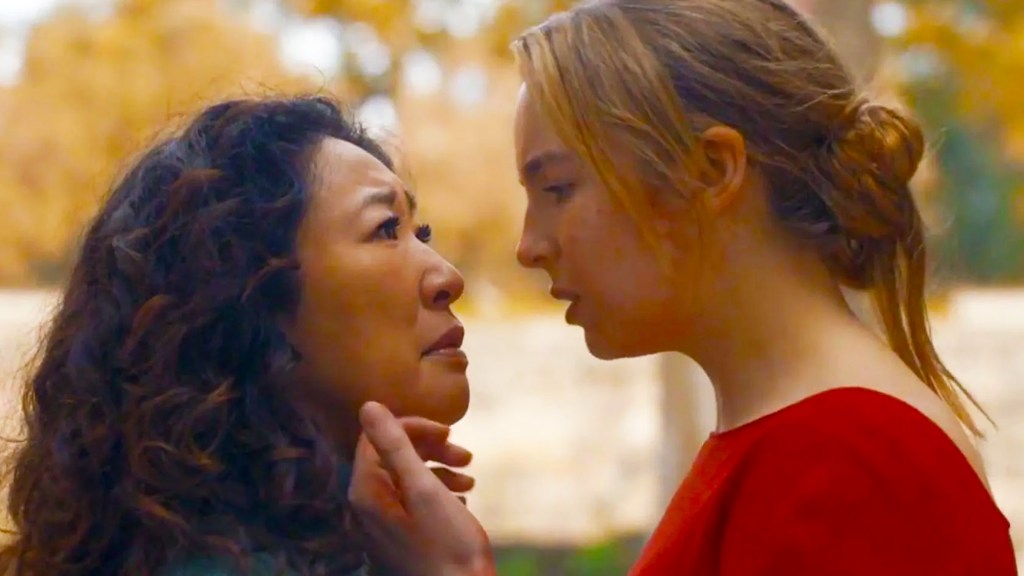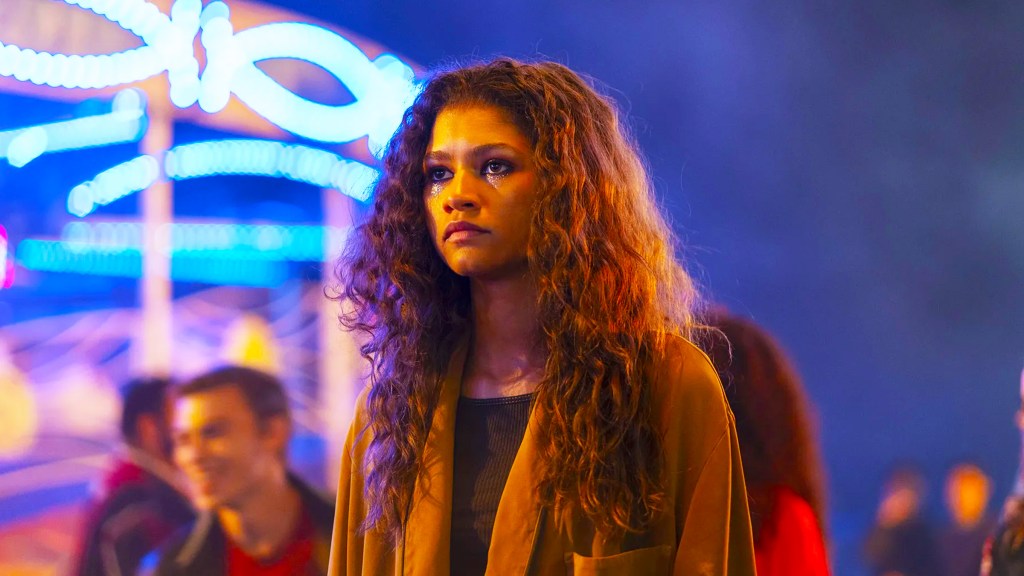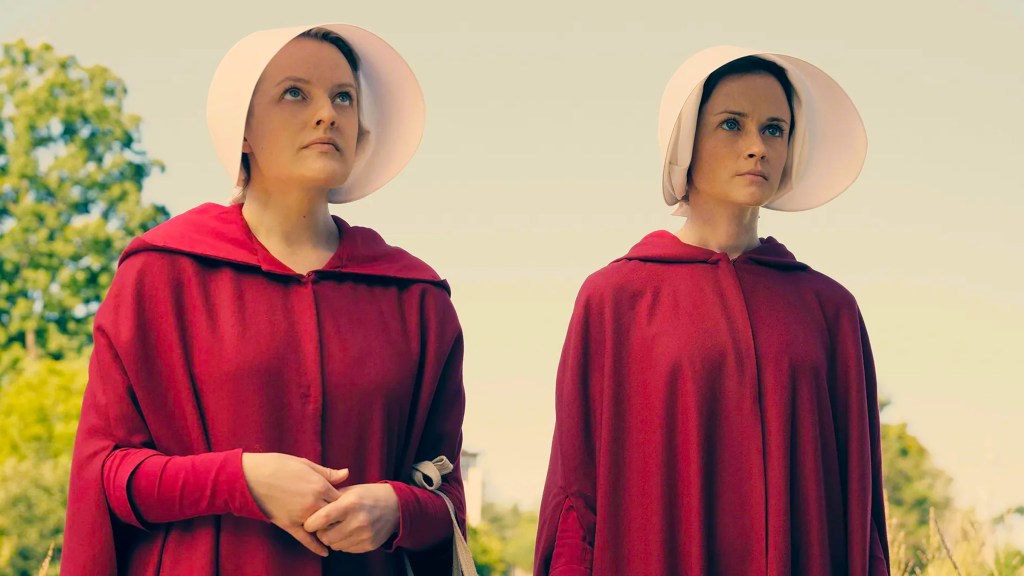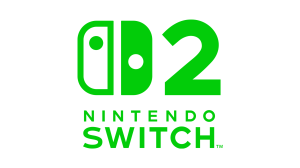There are many notable TV shows that would have been better off ending after their first season, as later years saw a drop in quality, viewership, or impact. Multiple-season shows don’t always continue the success of their initial season through their later installments. This has been the case for many once-popular shows, which might have been better off wrapping up their stories after only one chapter.
Videos by ComicBook.com
While some shows work best with multiple seasons, others would have benefitted from coming to a satisfying conclusion after their first season. This is especially true as miniseries have become very popular on TV, appealing to audiences with increasingly-short attention spans. Some shows have been dragged on too long, alienating their audiences and running out of ideas, which has been the case for these shows.
RELATED: 12 Most Memorable Heroic Sacrifices in TV
7. Altered Carbon (2018-2020)

Altered Carbon’s first season saw Joel Kinnaman portray Takeshi Kovacs, the last Envoy from Richard K. Morgan’s 2002 novel. Season 1 explored an innovative cyberpunk world where the human consciousness can be transferred from one body to another, with Kovacs investigating the murder of Meth Laurens Bancroft (James Purefoy), employed by Bancroft himself. The first season creatively investigated the relationship between biology and technology, artificial intelligence, and gender identity, and came to a very satisfying conclusion that could have ended the series.
Anthony Mackie took on the role of Kovacs in Altered Carbon season 2, but this chapter of the series wasn’t nearly as coherent, understandable, or smooth as the first. Viewership declined during the second season, prompting Netflix to cancel the series, while Altered Carbon lives on in anime form with the original show, Altered Carbon: Resleeved. Mackie’s Kovacs was even more devoid of personality and expression, which made Altered Carbon season 2 a drawn-out and dull viewing experience.
6. Westworld (2016-2022)

HBO’s Westworld was planned to run for five seasons, but cancelled after its fourth, even though many wanted to see it concluded properly. This problem could have been solved had Westworld not continued after its first intense season, which saw the artificially-intelligent hosts of the Westworld park gain sentience thanks to the machinations of Dr. Robert Ford (Anthony Hopkins). Concluding the entire series with Dolores (Evan Rachel Wood) killing Ford would have been the perfect ending, especially since subsequent seasons fumbled.
Westworld’s popularity dwindled in subsequent seasons as the storyline became too complex, overcrowded, and far-removed from where the series began. While the likes of Thandiwe Newton, Aaron Paul, and Jeffrey Wright continued to deliver remarkable performances, the narrative became much too convoluted. It would have been a seriously bold choice to end the series with Ford’s demise, leaving the fate of the hosts and the future of humanity uncertain – just as it might be with real-world AI becoming more prominent.
5. Russian Doll (2019-2022)

Starring Natasha Lyonne as Nadia Vulvokov, a woman who repeatedly dies in a never-ending time loop on the night of her 36th birthday, the first season of Russian Doll received widespread critical acclaim. Lyonne’s performance in this original and inventive series is incredible, and her chemistry with Alan Zaveri (Charlie Barnett), who finds himself in a similar situation, is electric. This could have easily been a self-contained miniseries.
RELATED: Russian Doll Creator Has Disappointing Season 3 Update
Russian Doll came back for a second season, however, which, despite also receiving critical acclaim, toyed too much with the core concepts introduced in season 1. While Nadia was stuck in a time loop in season 1, season 2 literally thrust her into the past, which became too silly and fantastical for some. Russian Doll worked perfectly as a limited, one-season series, and simply didn’t need to continue.
4. Killing Eve (2018-2022)

Between 2018 and 2022, Killing Eve ran for four seasons, but original writer and showrunner Phoebe Waller-Bridge, the visionary behind Fleabag, departed after season 1. Killing Eve season 1 brilliantly explored clever action, strong characters, and electric sexual tension between British intelligence investigator Eve Polastri (Sandra Oh) and psychopathic assassin Villanelle (Jodie Comer). Despite being based on a series of novels by Luke Jennings, subsequent seasons failed to capture the magic of season 1 after Waller-Bridge’s departure.
Emerald Fennell, Suzanne Heathcote, and Laura Neal became the head writers for Killing Eve season 2, 3, and 4, respectively. All three made strong attempts to continue the intensity and ferocity of season 1, but Phoebe Waller-Bridge’s absence was noticeable. Killing Eve’s reception and viewership waned as the series progressed, with season 4 being widely regarded as the worst of the bunch, and this all could have been avoided.
3. Euphoria (2019-Present)

HBO’s Euphoria put now-huge stars like Zendaya, Sydney Sweeney, and Jacob Elordi, among others, on the map. Euphoria season 1 presented a teen drama like no other: hard-hitting and realistic while addressing serious questions surrounding real issues such as drug abuse, child abuse, gender identity, and sexual identity. It was refreshing, albeit at times distressing, to see these issues handled in such a grounded and gritty way, but Euphoria could have had the same impact doing this in only one season.
Euphoria season 2 received a more lackluster response than its predecessor, with its pace and characterization waning after highs of the original season. A third season is currently in development, but it might have been better to allow the cast to move on to bigger and better things after an immensely strong debut. Zendaya, Sweeney, Elordi, and more have now all become household names and major stars, perhaps too big for Euphoria.
2. The Handmaid’s Tale (2017-Present)

Set in a dystopian world after the Second American Civil War, and adapted from Margaret Atwood’s acclaimed 1985 novel, The Handmaid’s Tale could have easily come to an end after season 1. The first season of the acclaimed series covered all the events of Atwood’s first book, which could have wrapped up the series nicely. This would have ended the show on a cliffhanger, but could have avoided some key problems that arose when developing the story for future seasons.
RELATED: The Handmaid’s Tale Sequel Series Finally Gets an Update (and It’s Good News)
The Handmaid’s Tale has, so far, released six seasons, each trying to push more boundaries, make deeper political messages, and arguably losing the essence of Atwood’s original story. Season 6 is the final season, though a spinoff based on Atwood’s 2019 novel, The Testaments, is in development, which could suffer the same fate as The Handmaid’s Tale’s latter seasons. This story would have been great as a low-level, self-contained narrative, and didn’t need to be drawn out so much.
1. 13 Reasons Why (2017-2020)

When it first premiered on Netflix in 2017, 13 Reasons Why was a revelation for teenage audiences, as it touched on themes pertinent to the young generation. This included mental health, suicide, sexual assault, and bullying, told in the aftermath of a teen suicide where the deceased student (Katherine Langford) left cassette tapes detailing the reasons she chose to take her life and blaming those she deems responsible. Based on Jay Asher’s 2007 novel, 13 Reasons Why needed to be a limited series, and went off the rails when it continued.
Netflix’s judgment was clouded by season 1’s success, so renewed the series for more seasons that took these important messages to the extreme, and bordered on glorifying self-harm and teen suicide. Releasing only season 1 would have created a relevant message for young audiences, but continuing the show for four entire seasons made a mockery of the original concept. The plot became convoluted, the characters become outlandish and abrasive, and reviews became increasingly negative, earning 13 Reasons Why a very bad reputation where it could have hung on to the success of season 1.
What TV shows do you wish had ended after a successful season 1? Let us know in the comments!








